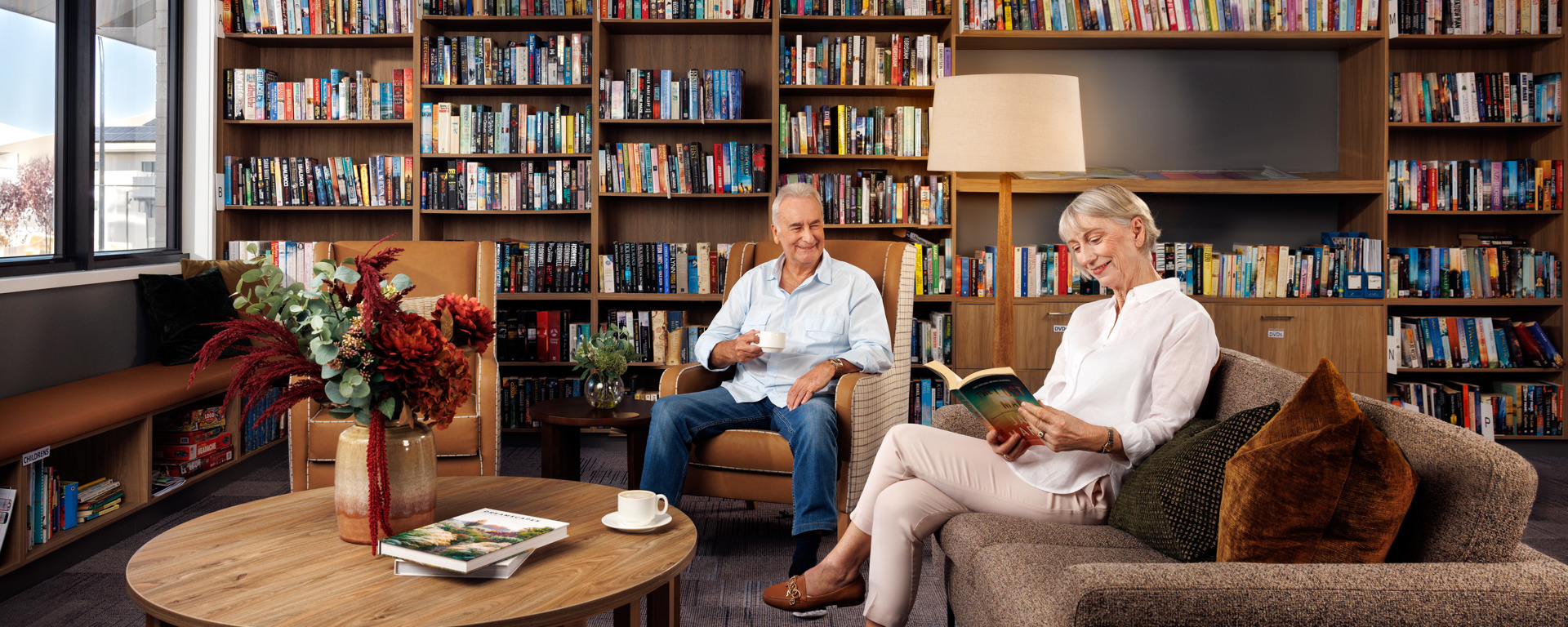Discover what's happening
in our communities
Welcome to the Stockland Halcyon news and events page.
Here, you'll discover the latest happenings and inspiring stories from our homeowners. Stay updated, engage with our vibrant communities, and register for upcoming events to connect, learn, and explore our lifestyle communities.
Join us at one of our upcoming events.
Join us at one of our upcoming events.

Read our latest magazine
Read our latest magazine
My Halcyon Days Issue 1, 2025
A glimpse into our vibrant Stockland Halcyon communities.
This website is supplied for the purpose of providing an impression of Stockland Halcyon and the approximate location of existing and proposed third party infrastructure, facilities, amenities, services and destinations, and is not intended to be used for any other purpose. All details, image and statements are based on the intention of, and information available to, Stockland as at the time of publication (February 2025) and may change due to future circumstances. This website is not legally binding on Stockland. Stockland does not give any warrant in relation to any information contained in this website. Stockland does not accept any liability for loss or damage arising as a result of any reliance on this website or its contents.
